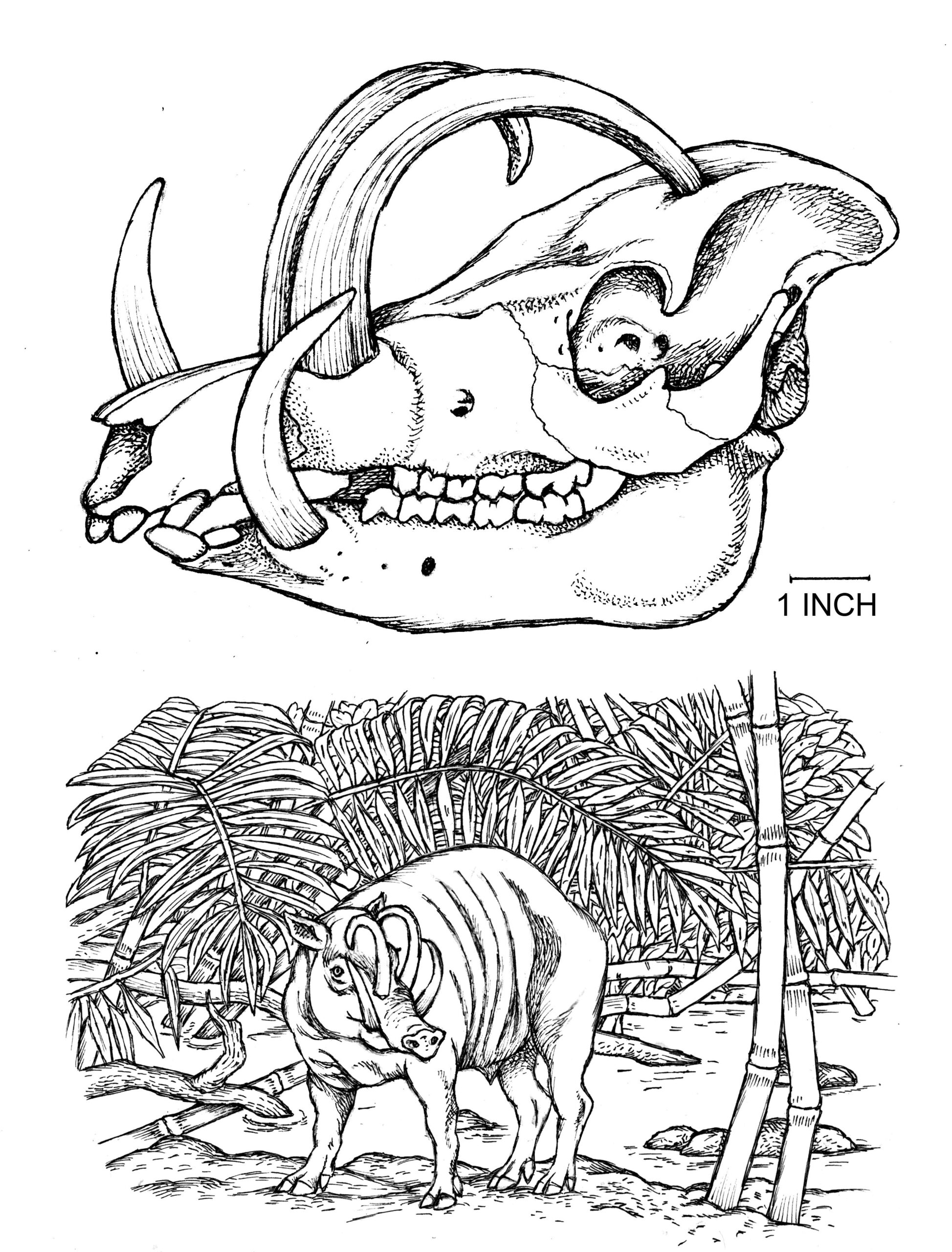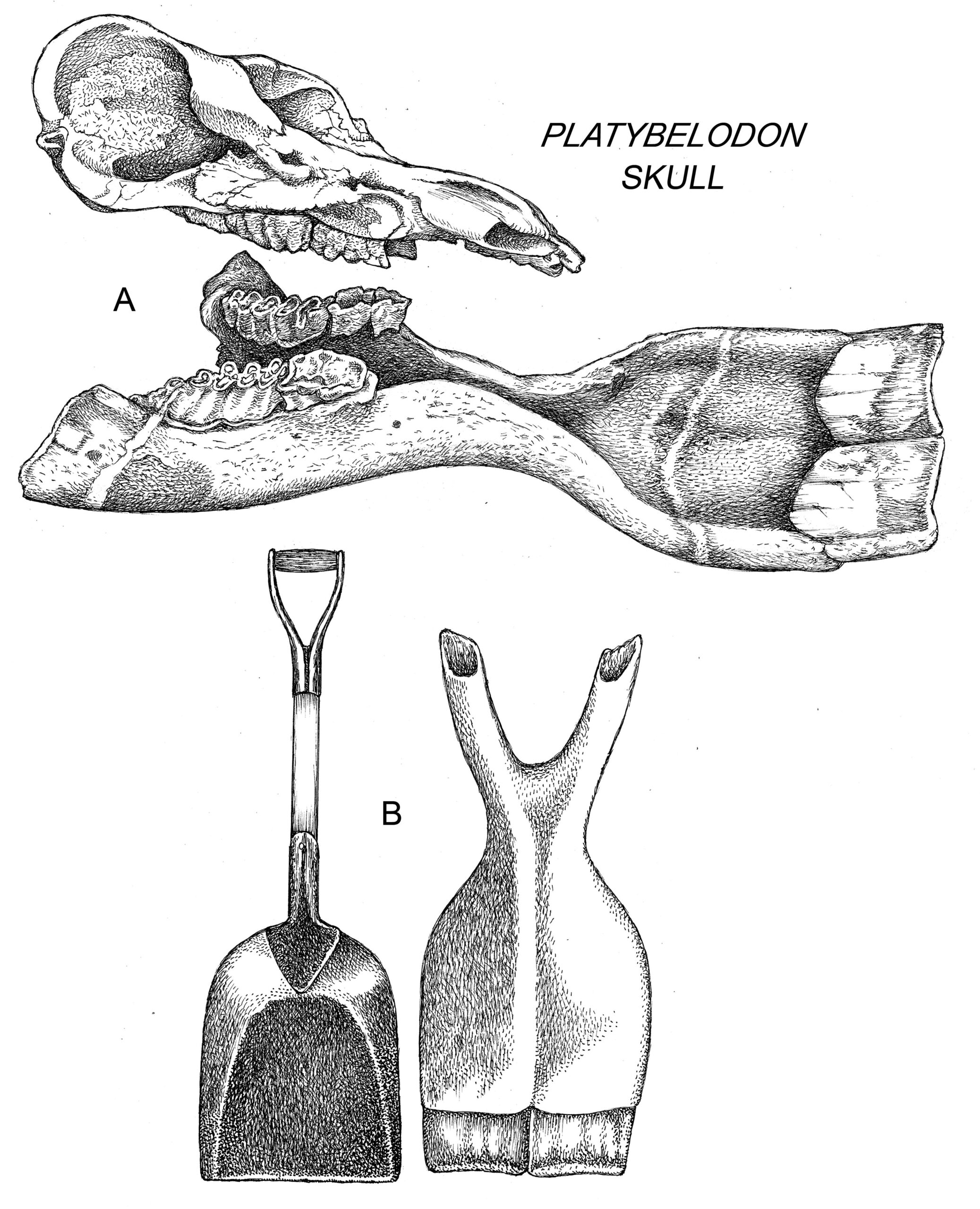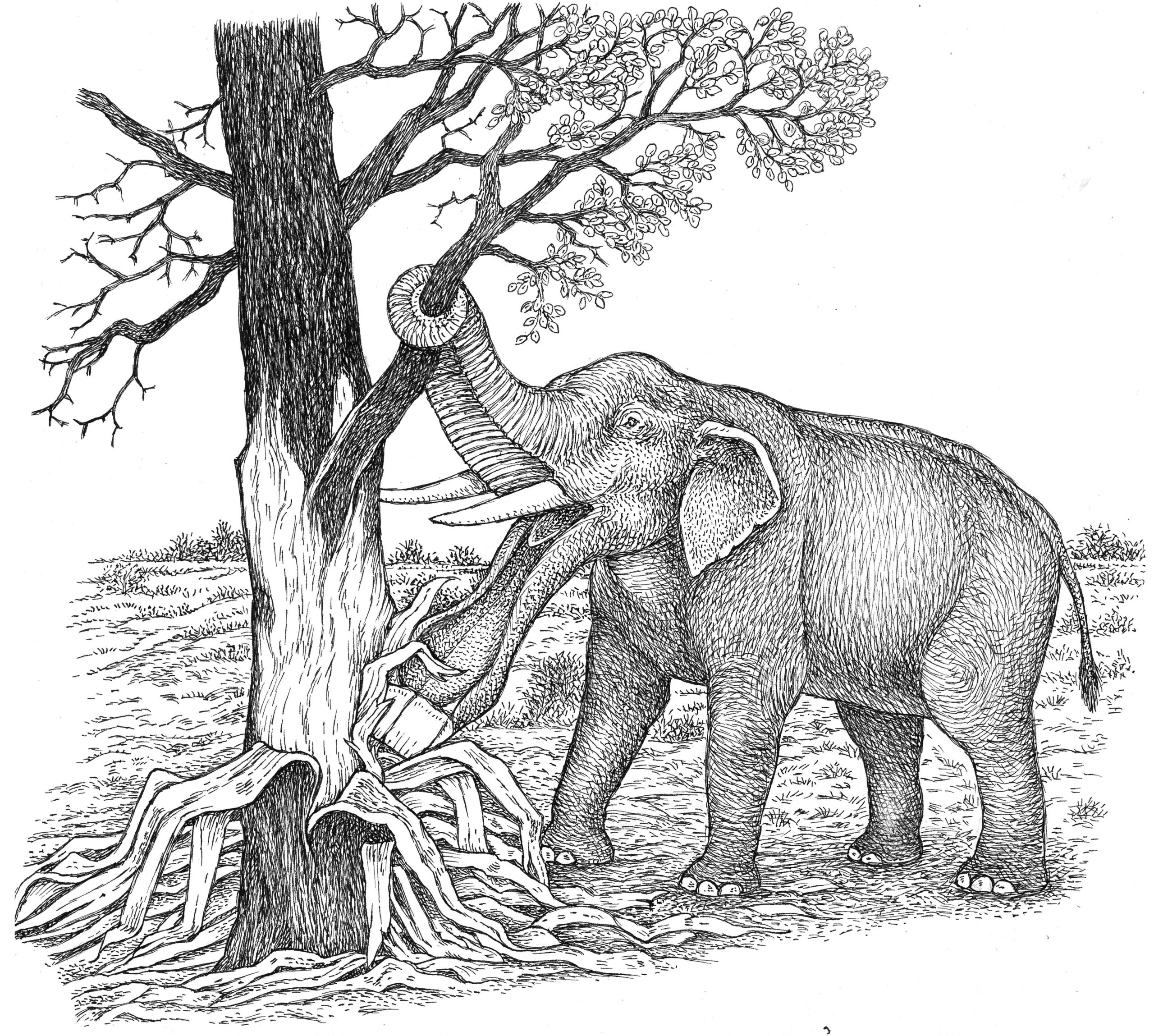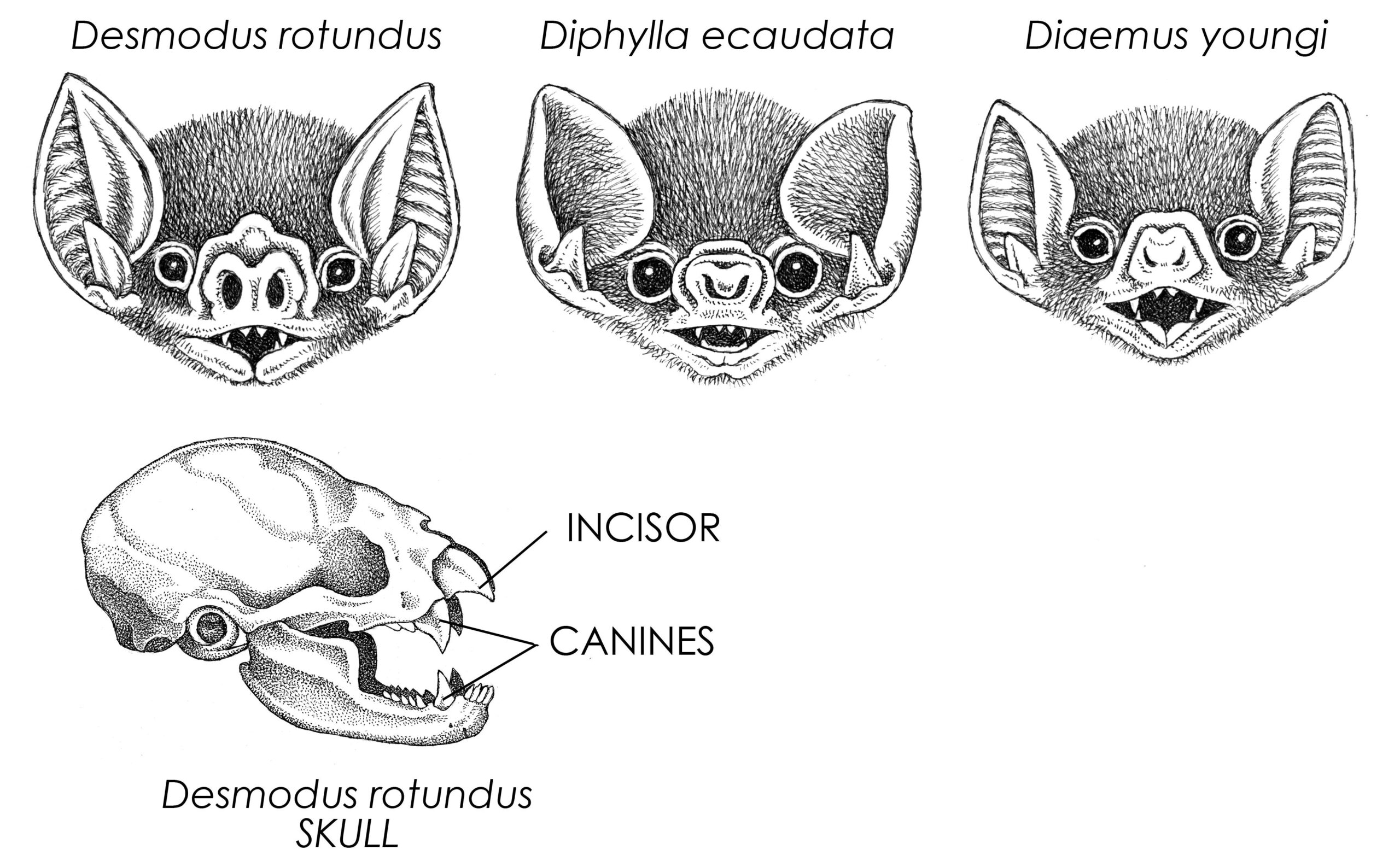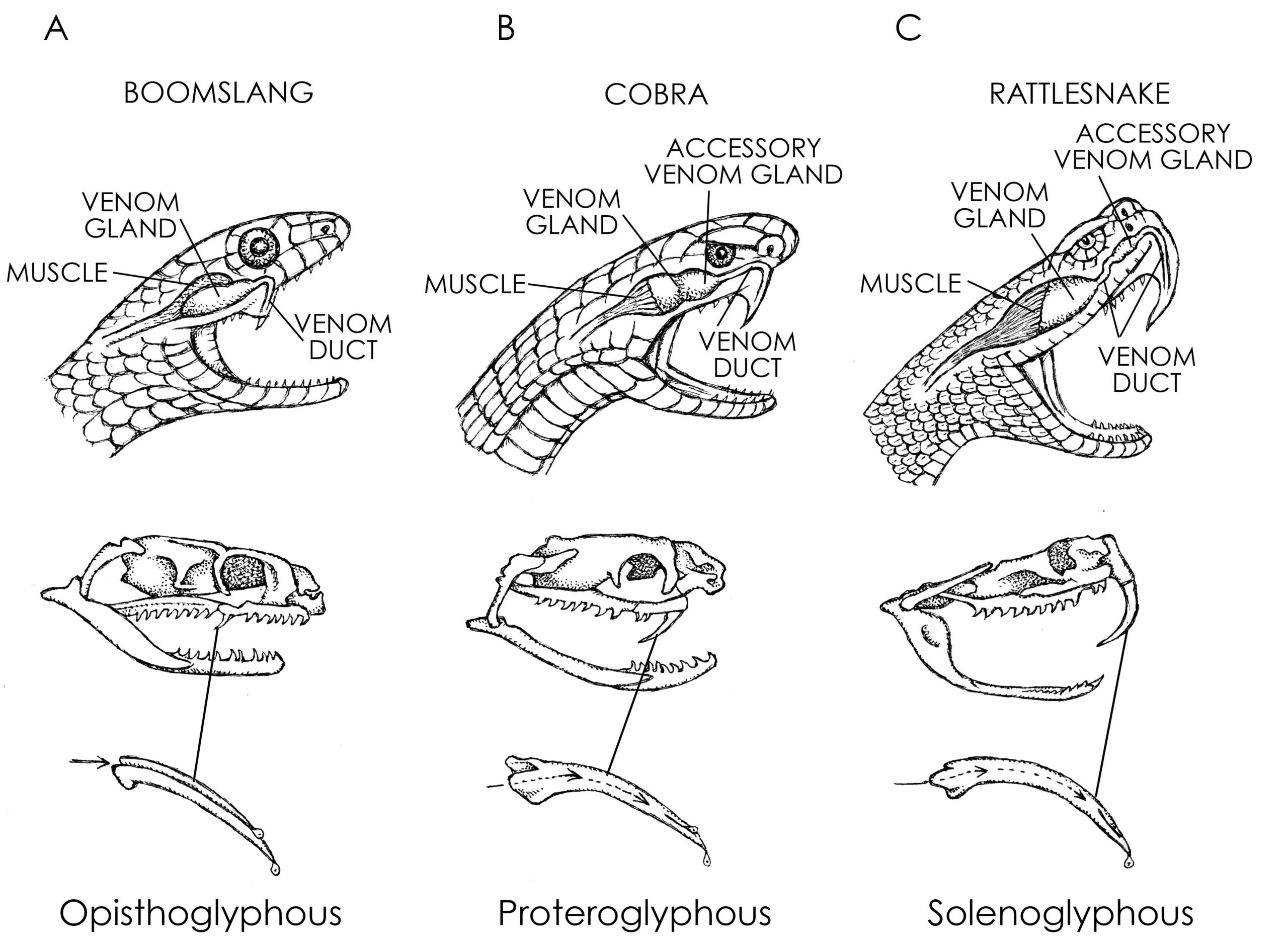A Toothsome Tale
Bill Schutt chomps through millennia to share the story of our pearly whites
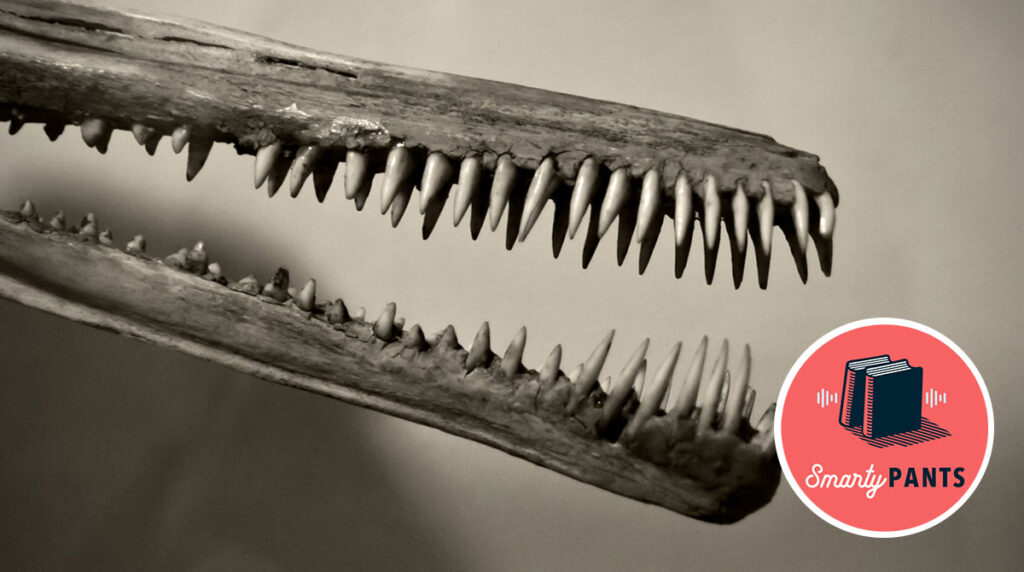
A tooth is not simply a tooth, as zoologist Bill Schutt writes in his new book, Bite: An Incisive History of Teeth, from Hagfish to Humans. Teeth first showed up among vertebrates some 500 million years ago, and ever since, they’ve had much to do with the survival of many species. There are teeth that sharpen themselves with every snap (as with dogs and wolves), teeth that grow forever (as the poor babirusa knows all too well), and teeth that grow in a conveyor belt (ask a crocodile, but don’t get too close). The shape and appearance of teeth can tell us a lot about how animals evolved—and in the case of humans, where we stand on the social ladder. And there’s much more still to be learned, both about past life on this planet and future innovations in dentistry. Bill Schutt, a vertebrate zoologist and retired biology professor, is a research associate at the American Museum of Natural History, and he joins us today from New York.
Go beyond the episode:
- Bill Schutt’s Bite: An Incisive History of Teeth, from Hagfish to Humans
- Below, some of Patricia J. Wynne’s original illustrations from the book
Tune in every (other) week to catch interviews with the liveliest voices from literature, the arts, sciences, history, and public affairs; reports on cutting-edge works in progress; long-form narratives; and compelling excerpts from new books. Hosted by Stephanie Bastek and sponsored by the Phi Beta Kappa Society.
Subscribe: iTunes/Apple • Amazon • Google • Acast • Pandora • RSS Feed
Download the audio here (right click to “save link as …”)
Have suggestions for projects you’d like us to catch up on, or writers you want to hear from? Send us a note: podcast [at] theamericanscholar [dot] org. And rate us on iTunes!

